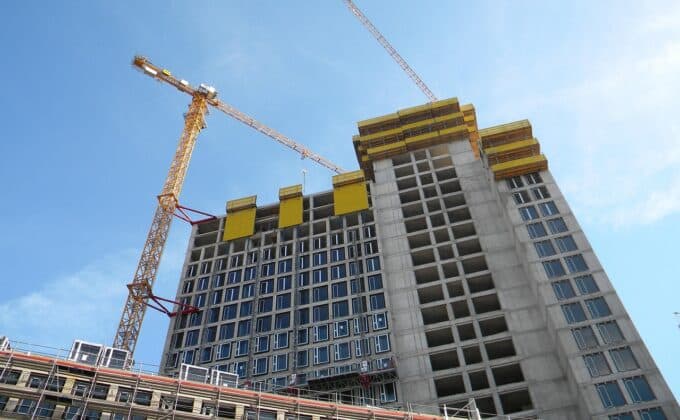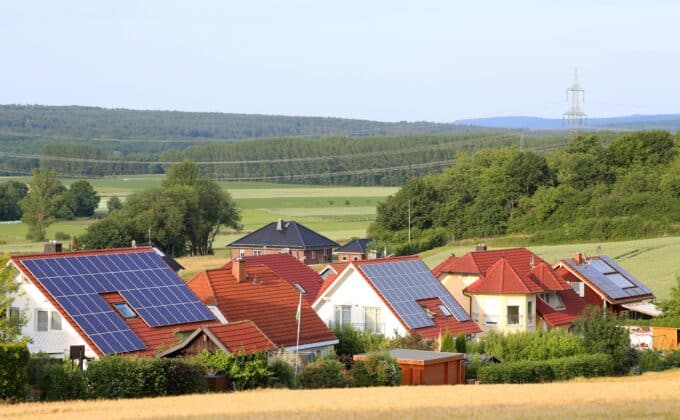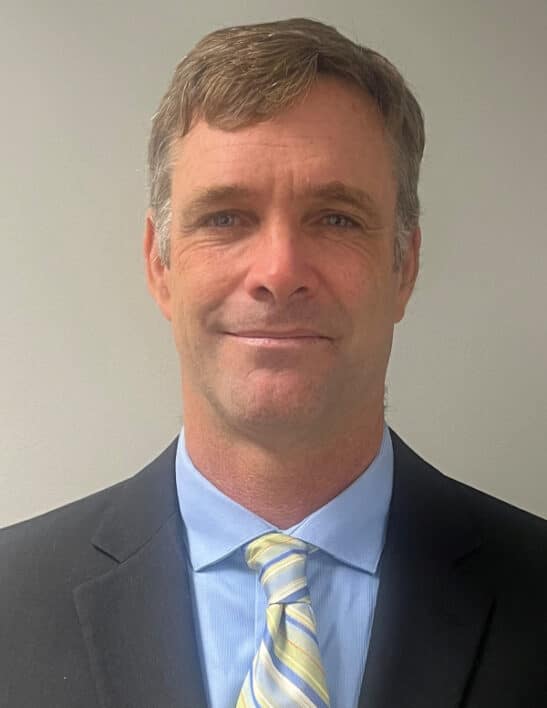Jay Griffin provides over 20 years’ experience of analysis and implementation of clean energy policy in support of RAP’s U.S. team. In 2022, he finished his term on the Hawaii Public Utilities Commission where he served as Chair for over 3 years. During his time, the Commission led an award-winning, stakeholder engagement process to implement performance-based regulation for the state’s largest electric utility. In addition, the Commission oversaw the largest procurements of utility-scale renewable energy in state history and transition plans to retire aging, fossil-fueled power plants, including Hawaii’s last coal plant. To support these plant retirements, the Commission also directed new and existing customer programs to help meet peak demand periods with distributed energy resources.
Prior to serving on the Hawaii Public Utilities Commission, Griffin was an assistant researcher at the Hawaii Natural Energy Institute at the University of Hawaii. His research focused on grid integration studies of renewable energy and demonstration projects to support the state’s clean energy goals. From 2012 to 2016, he served as the chief of policy and research at the Hawaii Public Utilities Commission.
Jay Griffin has a doctorate in policy analysis from the Pardee Rand Graduate School where he also served as a policy researcher from 2004 to 2009. He holds a master’s in economics from the University of California at Santa Barbara and a joint master’s degree from Duke University in public policy and environmental management. Griffin graduated from Williams College with a bachelor’s degree in political economy.
Latest Insights from RAP Experts

探索电气化供暖的需求响应潜力
在“双碳”目标的推动下,建筑供暖的电气化比例将显著提升,热泵的部署也将加速增长。热泵不仅能提供高效的供暖方式,还可以通过需求响应机制为电力系统提供灵活调节能力。对供热方而言,这有助于降低热泵运行成本,拓宽供热企业的收入渠道,从而提升热泵的市场竞争力。对供电方而言,这能保障电力系统的安全稳定运行、减轻电网扩容压力,降低供电成本,并促进可再生能源电力消纳。 本文探讨了大型热泵在中型区域供热系统(如小区、大型建筑)中的应用(业内称之为“分布式热泵”)。文章结合国内外案例,探讨如何挖掘电气化供暖的需求响应潜力,并提出优化电价机制、完善需求侧资源补偿机制、推广储热设备三项策略,以增强电网与供热系统的协同优化,实现保障电力系统稳定运行与减轻供热碳排放的双重目标。 本文缩略版首刊于《中国电力报》,2025年3月24日… Read More +

Was tun mit den Gasnetzen?
In der kommende Jahren soll Deutschland seine Abhängigkeit von fossilem Gas stark reduzieren. Damit einher geht zwangsläufig… Read More +

